permutation 2
题目链接;http://acm.hdu.edu.cn/showproblem.php?pid=6630You are given three positive integers N,x,y.
Please calculate how many permutations of 1∼N satisfies the following conditions (We denote the i-th number of a permutation by pi):
- p1=x
- pN=y
- for all 1≤i<N, |pi−pi+1|≤2
Input
The first line contains one integer T denoting the number of tests.
For each test, there is one line containing three integers N,x,y.
- 1≤T≤5000
- 2≤N≤105
- 1≤x<y≤N
Output
For each test, output one integer in a single line indicating the answer modulo 998244353.
Sample Input
3
4 1 4
4 2 4
100000 514 51144
Sample Output
2
1
253604680
对于每个题,如果实在没有思路,我们大可以模拟求解一组数据样例。在模拟的过程中发现规律,找到关键点。从而求解。
这个题目,给了我们三组样例,我们大可以模拟一下求解。
100000 514 51144
我们可以考虑这个序列应该如何填充。
首先,我们可以在第2个位置放515,516,513,512。
在考虑一下,如果在第2个位置放了515,那么我的第三个位置,就能放513,516,517。如果,我的第三个位置放了513,那我之后的位置绝对不可能放到516(相差大于2)去了。同理,第三个位置放了516,那我之后的位置绝对不可能放到513去了。
所以,证明了,我的第2个位置不可能放515,同理可以证明不可以放516。所以我的第2个位置只能放512。513一样可以证明不能放。
到这里,就很明显了。如果还不懂得可以继续自己模拟一下512之后的情况。
所以,我们整体的序列应该是
从514开始不断地往下放一直放到1。在不断地往上放,一直放到515。
从51144不断地往上放,一直放到100000,在不断地往下放,一直放到51143。
那么,序列的个数应该就是515到51143,这一段的可能数了。
我们可以继续像之前那样模拟考虑,
515之后可以放516和517。
如果放516,那么516的考虑同515。
如果放了517,那么接下来就只能先放516,在放518。那么此时518的考虑也同515。
此时很明显了。
515的次数等于516的次数+517的次数。
如此一直下去,我们可以想象最后放到51143的情况。
51143之前的那个数只能是51142和51141。
51142和51141放到51143的种数只有一种可能。
所以,很明显了。
51140 = 51142 + 51141的次数。
那么,我们就可以把这个当作一个递推式子来求解了。
同时,注意x为1的情况和y为n的情况。
#include"stdio.h"#include"string.h"#include"algorithm"using namespace std;typedef long long ll;#define mod 998244353int T,N,x,y;ll dp[100010];void init(){dp[0] = 1; dp[1] = 1;dp[2] = 1;for(int i = 3; i <= 100009; i ++)dp[i] = (dp[i - 1] + dp[i - 3]) % mod;}int main(){init();scanf("%d",&T);while(T --){scanf("%d%d%d",&N,&x,&y);if(x > y)swap(x,y);if(x > 1)x ++;if(y < N)y --;int len = y - x;printf("%lld\n",dp[len]);}}


























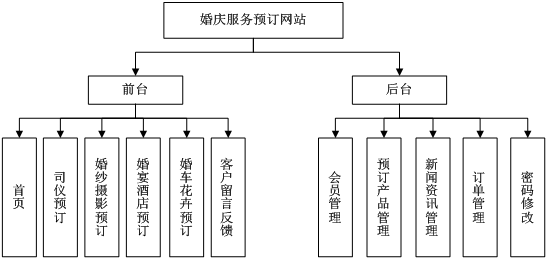
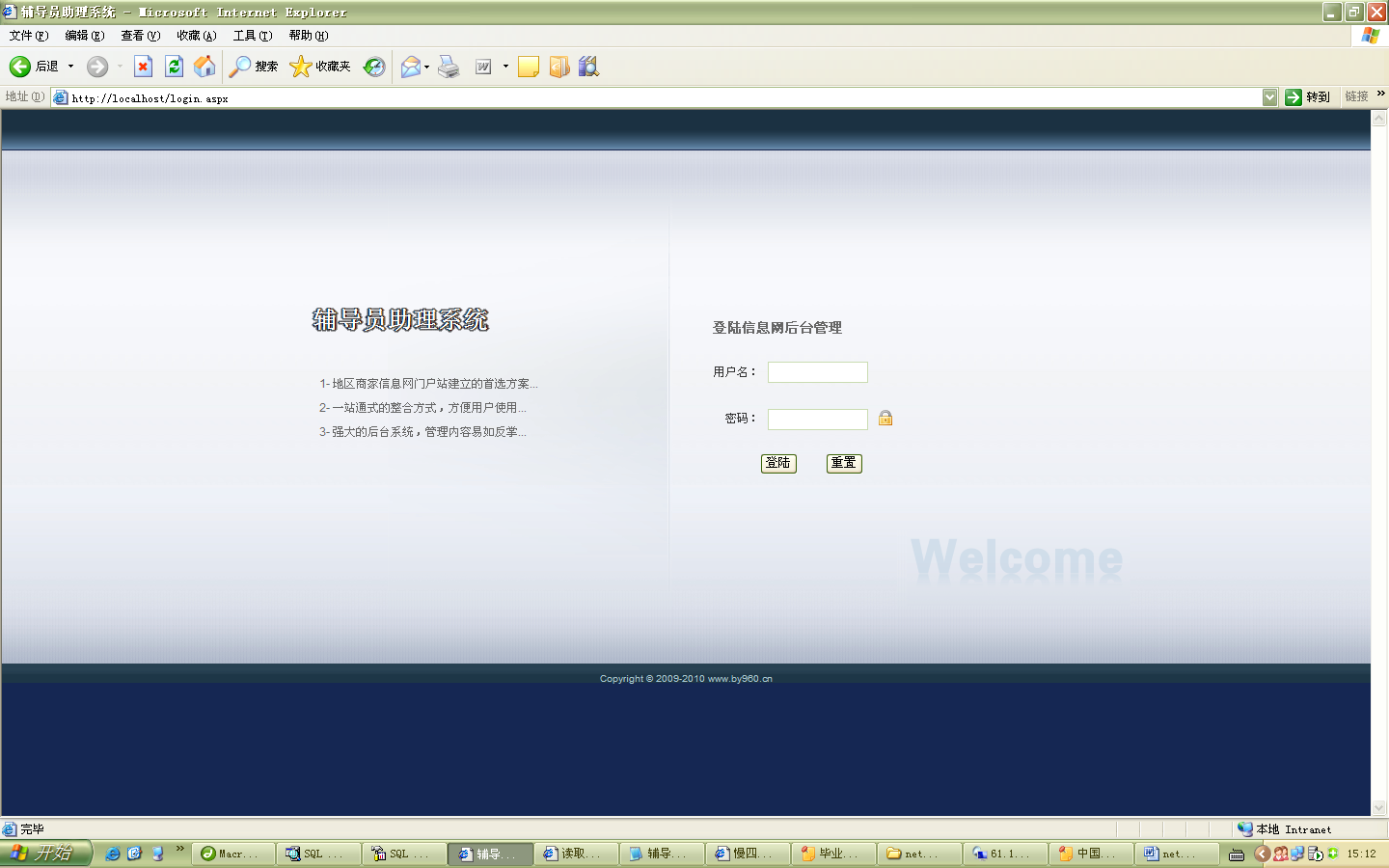
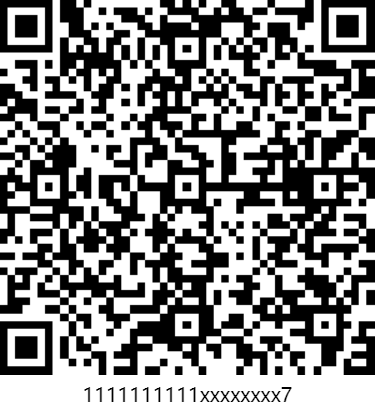
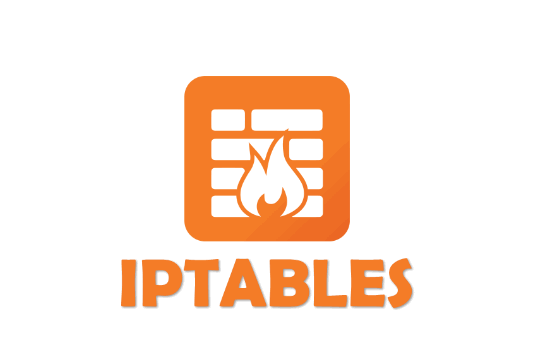
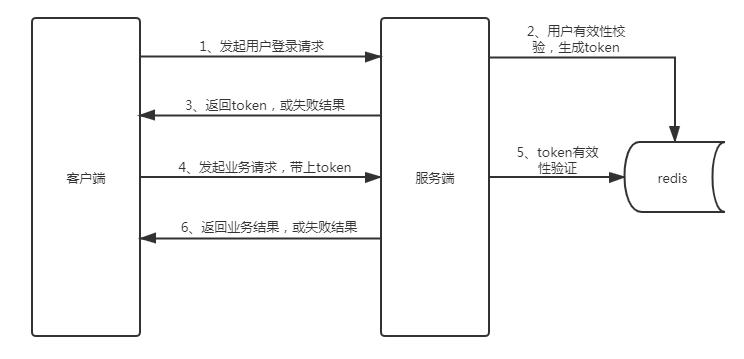




还没有评论,来说两句吧...